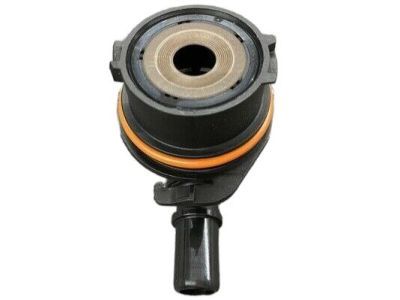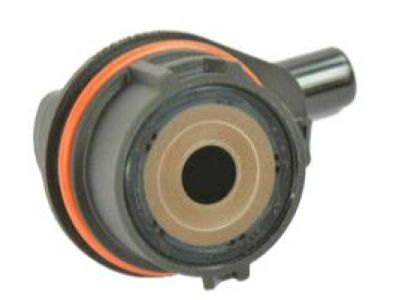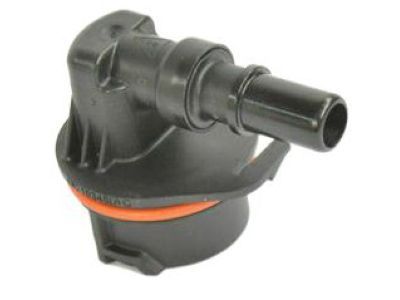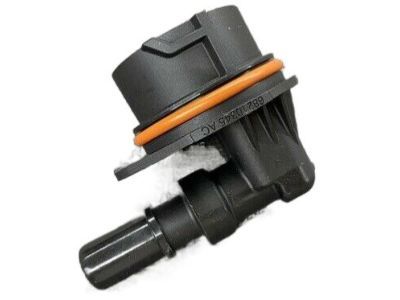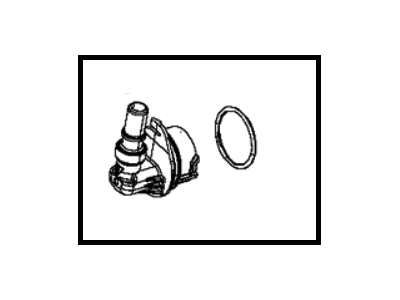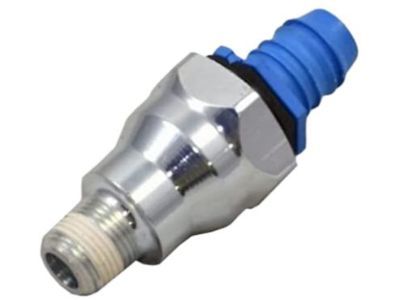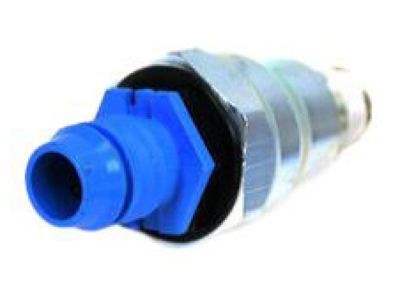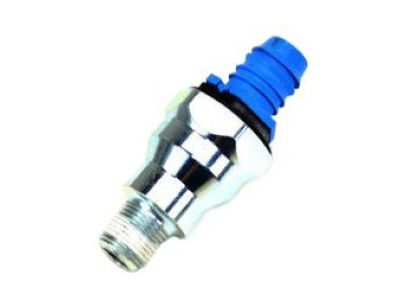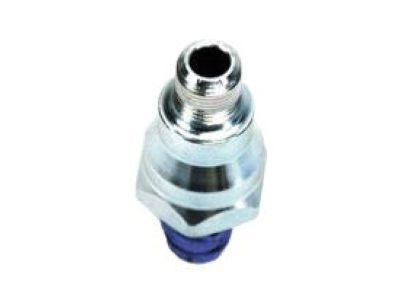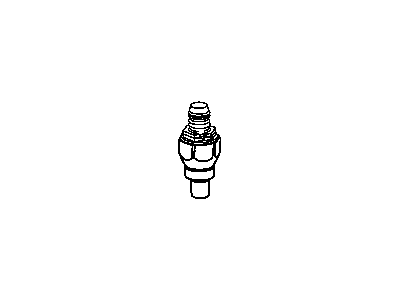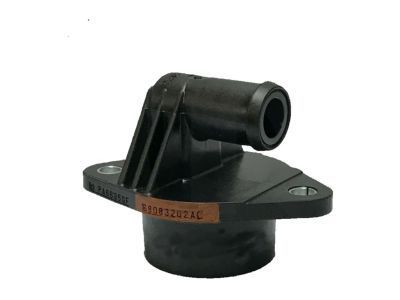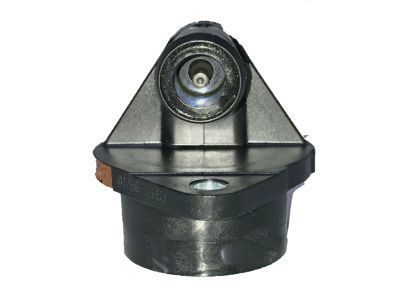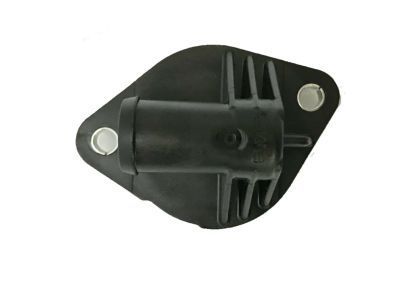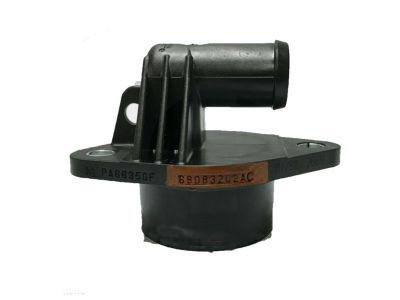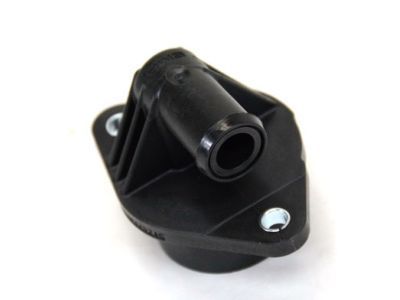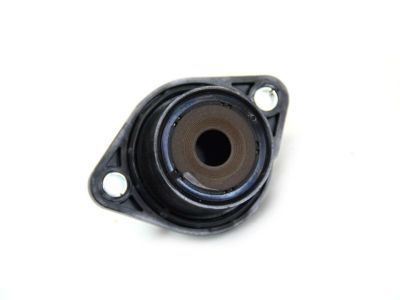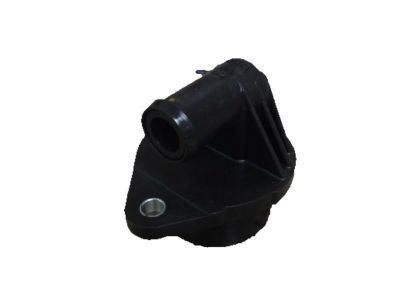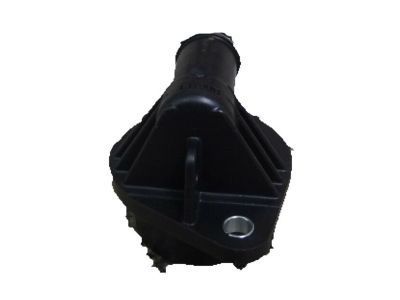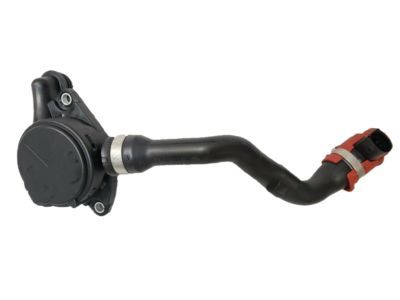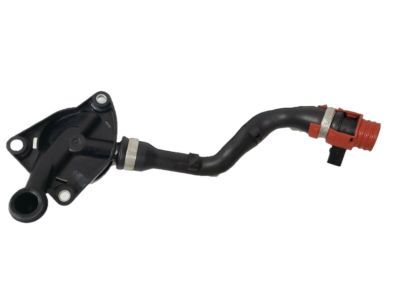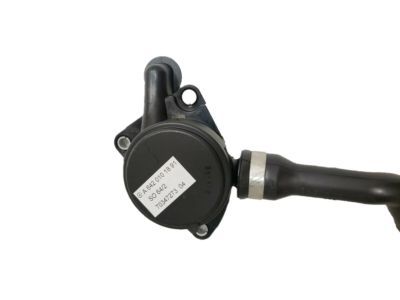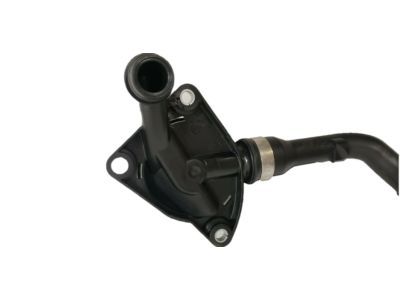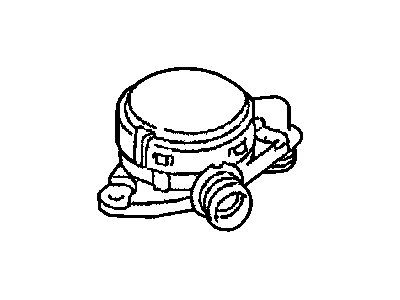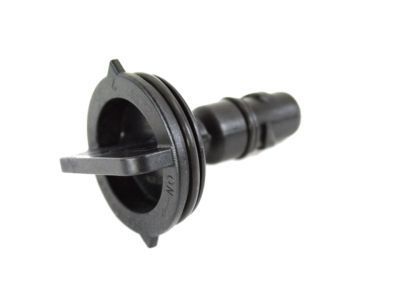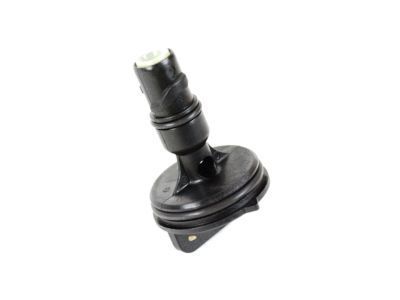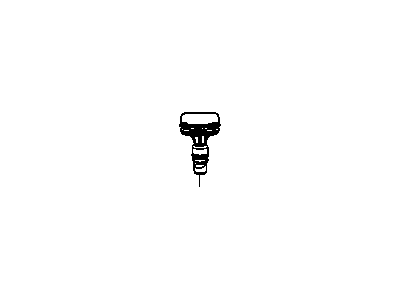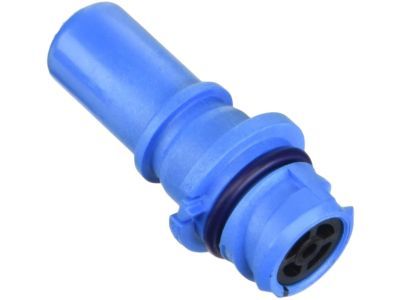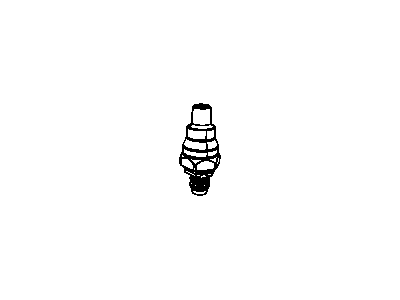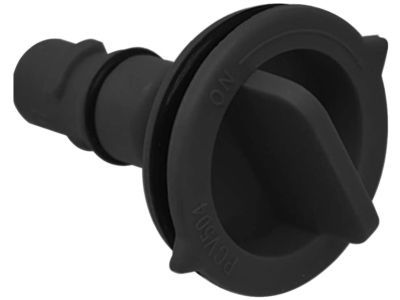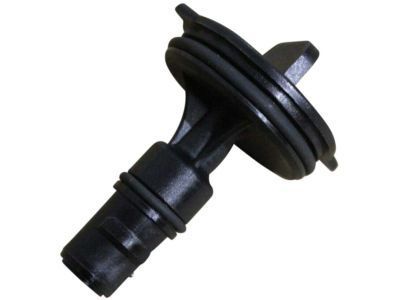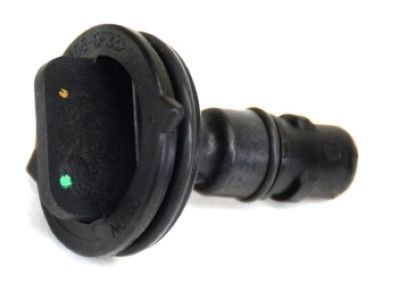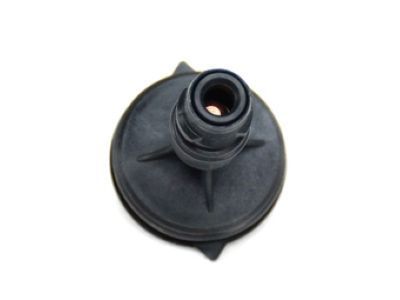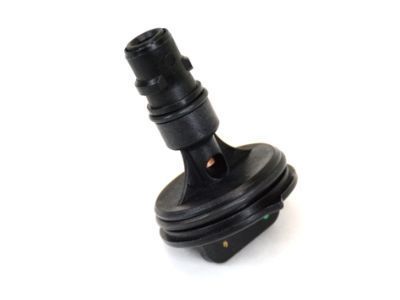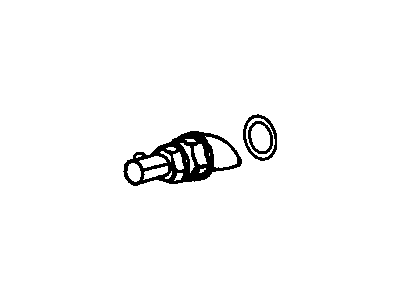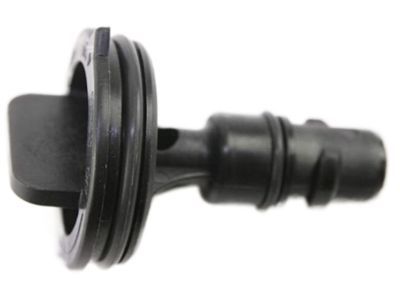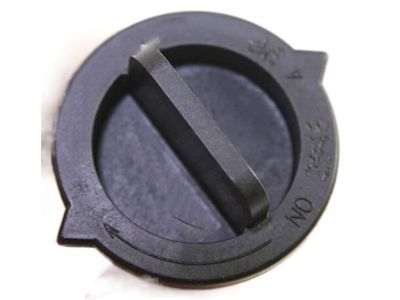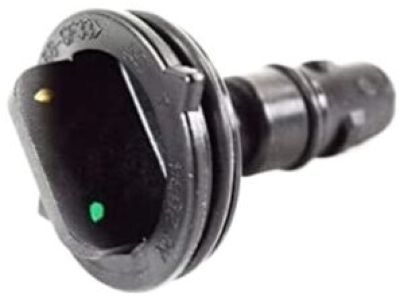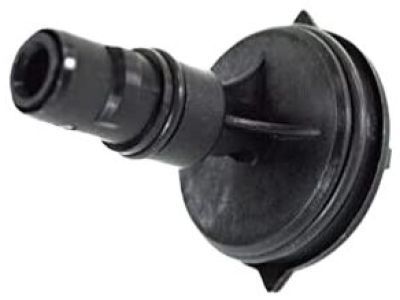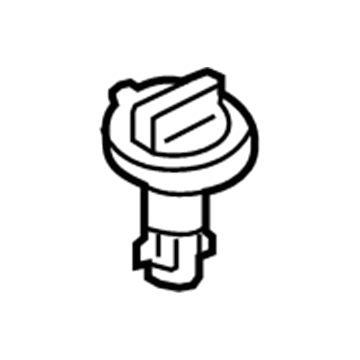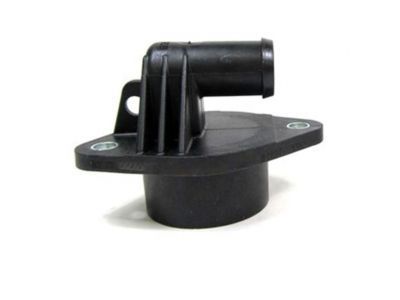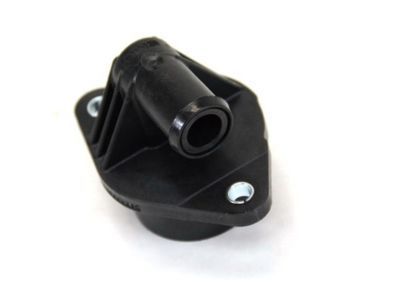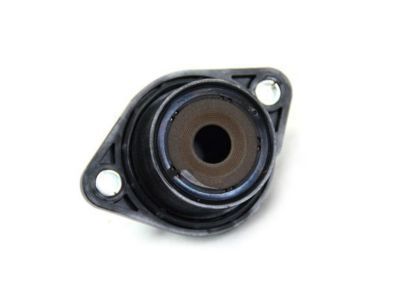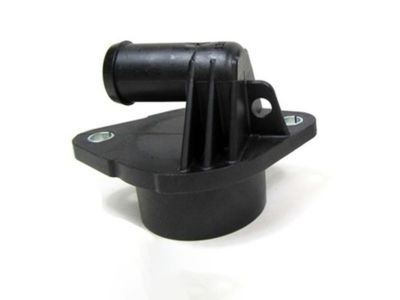
My Garage
My Account
Cart
Genuine Jeep Grand Cherokee PCV Valve
Position Crank Ventilation Valve- Select Vehicle by Model
- Select Vehicle by VIN
Select Vehicle by Model
orMake
Model
Year
Select Vehicle by VIN
For the most accurate results, select vehicle by your VIN (Vehicle Identification Number).
18 PCV Valves found


Jeep Grand Cherokee Valve-CRANKCASE Vent
Part Number: 53032800AA$8.72 MSRP: $12.40You Save: $3.68 (30%)








Jeep Grand Cherokee Valve-CRANKCASE Vent
Part Number: 53032940AA$61.93 MSRP: $93.75You Save: $31.82 (34%)




Jeep Grand Cherokee PCV Valve
PCV Valve on Jeep Grand Cherokee models is an important part for emissions control and improving the functionality of the engine. When properly designed and maintained, the PCV Valve redirects the combustion byproduct gases from inside the crankcase returning them into the engine's combustion chamber; in this way, it facilitates the proper function of the engine and minimizes pollutants from escaping the exhaust. Depending on the conditions of the intake manifold vacuum, the PCV Valve will limit gas circulation when the engine is idle and allow fresh air to get to the crankcase for the purpose of expelling gases during heavy loads while not interferences with the usual functioning of the engine. Also, the PCV Valve plays a role of a flame arrester and helps in maintaining engine compression and consequently, increased engine power. PCV Valve should always be properly checked and maintained frequently since without proper maintenance, it could lead to expensive repairs for the car and poor efficiency of the vehicle.
Looking for affordable and high-quality auto parts? Then you have already arrived at the proper online shop. We offer all Jeep Grand Cherokee PCV Valve at great affordable prices. Moreover, all genuine Jeep Grand Cherokee PCV Valve come with a manufacturer's warranty. In the long run, you would realize you have saved a lot of trouble and money with OEM parts from here.
Jeep Grand Cherokee PCV Valve Parts Questions & Experts Answers
- Q: What is the Positive Crankcase Ventilation (PCV) System and PCV Valve on Jeep Grand Cherokee?A:The Positive Crankcase Ventilation (PCV) system is essential for reducing hydrocarbon emissions by scavenging crankcase vapors rich in unburned hydrocarbons. The PCV valve regulates gas flow into the intake manifold based on intake vacuum levels. Inspection and maintenance of the PCV system are crucial, and specific locations of PCV valves for different engines are provided. A clogged or leaking PCV hose can cause various issues, including rough idle, stalling, low or high idle speed, oil leaks, or sludge in the engine. To check the PCV system's functionality, disconnect the crankcase ventilation hose and verify vacuum presence using a vacuum gauge. If vacuum is present, the system is operating correctly; otherwise, inspect for blockages, leaks, or engine blow-by. If the system is functioning correctly but engine oil is found in the throttle body or air filter housing, excessive crankcase pressure might be the cause, warranting a crankcase pressure test. Excessive blow-by, caused by worn components or constant heavy loads, can lead to sludge deposits or oil dilution, necessitating further investigation and resolution of the underlying issues.
Related Jeep Grand Cherokee Parts
Browse by Year
2024 PCV Valve 2023 PCV Valve 2022 PCV Valve 2021 PCV Valve 2020 PCV Valve 2019 PCV Valve 2018 PCV Valve 2017 PCV Valve 2016 PCV Valve 2015 PCV Valve 2014 PCV Valve 2013 PCV Valve 2012 PCV Valve 2011 PCV Valve 2010 PCV Valve 2009 PCV Valve 2008 PCV Valve 2007 PCV Valve 2006 PCV Valve 2005 PCV Valve 2004 PCV Valve 2003 PCV Valve 2002 PCV Valve 2001 PCV Valve 2000 PCV Valve 1999 PCV Valve 1998 PCV Valve 1997 PCV Valve
